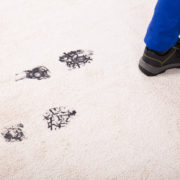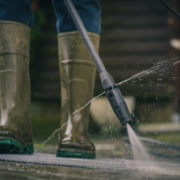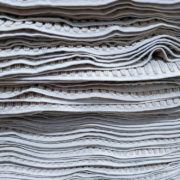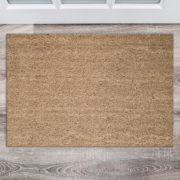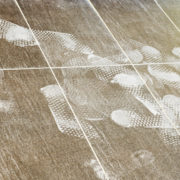The Cost of Floor Damage
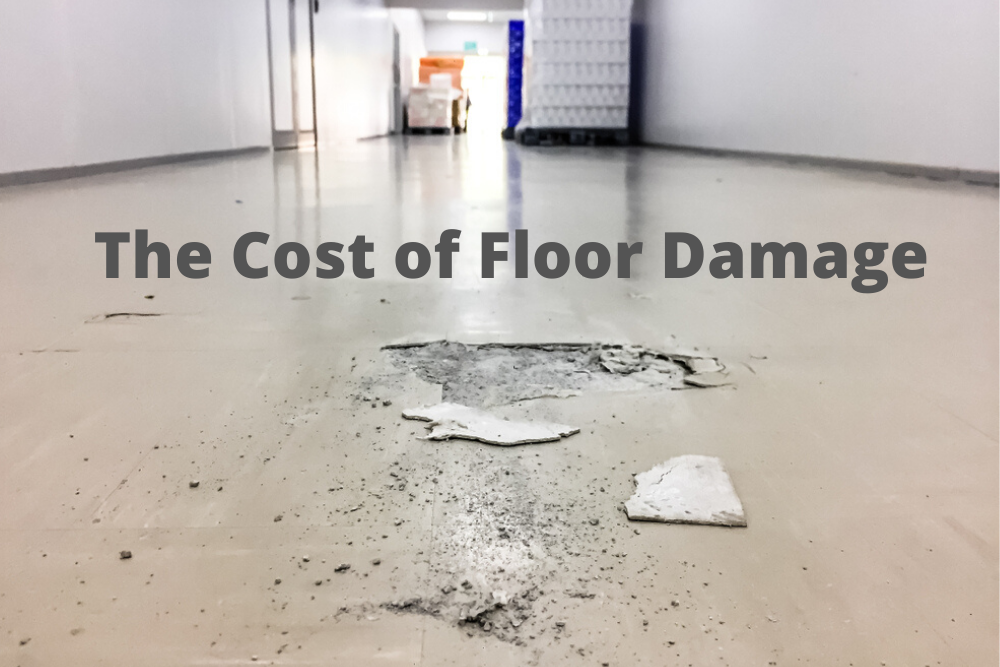
Floors are one of those things that should only cost you once every three or so decades at least. That is why floor damage – no matter how small – is always unwelcome. But what, exactly, does floor damage mean money-wise?
The Cost of Floor Damage
The cost of floor damage depends on a couple of things:
- Type of flooring
- Type of damage
- Extent of damage
- Size of damaged floors
Typically, the cost of floor damage is parallel to the cost of installing the specific type of flooring. Vinyl tiles, for instance, can easily cost you under $500 for simple replacement since vinyl tiles are easier and faster to replace as opposed to something like hardwood or bamboo flooring which could go well into the four-digit range.
Damages of deeper extent like to the subfloor, cost more because they require almost entirely stripping down your floors for a complete renovation. This cost guide is a good place to learn about how much floor damage can actually cost your business.
Beyond Repairs and Replacements
The cost of floor damage to your business space goes beyond the price you pay for its repairs and replacements. For one, there is always the possibility of unsightly, damaged floors turning customers off, causing you to lose business. These floors can also become a slip, trip, and fall hazard which could end up in a nasty lawsuit and costly claims.
Finally, and most likely to happen too, damaged floors affect your business’s productivity – and ergo, income – whether it’s having to temporarily close down your business or limiting access to certain spaces to give way for renovations.
Preventing Floor Damage
Take control of your floor care and prevent the costs and hassles of floor damage. Here are some small things you can do to keep your floors in tiptop shape:
- Keep your floors clean and dry. As simple as that may sound, keeping your floors clean is one of your best defenses against floor damage. Accumulated dust and other debris can cause anything from micro-fissures to staining on flooring, and that can cause permanent damage in the long run. Water and liquids, on the other hand, can cause damage to adhesives, seep through more porous flooring materials and weaken its integrity, or outright deform the material as in the case of water damage on wood floors. Pick the right dust and wet mops for the job.
- Inspect floors regularly. While wear and tear is inevitable, floor damage isn’t. Spotting the first signs of damage through regular inspections helps you address them before the damage becomes irreversible.
- Invest in the right floor mats. Your floor mats do more than just protect against slip, trip and fall accidents. They also provide a layer of protection for your floors, cushioning the impact of foot traffic, and filtering against debris, dust, and moisture. In a commercial space, the type of floor mat you choose is crucial. It is the deciding factor on how effective they are in protecting your floors.
Contact NDC Mats for All of Your Floor Mat Needs!
NDC Mats – The Floor Mat People – is only one call away! Dial (800) 238-2387 to speak with any of our in-house experts about any question you may have about commercial floor mats. We look forward to helping your business avoid floor damage today!

